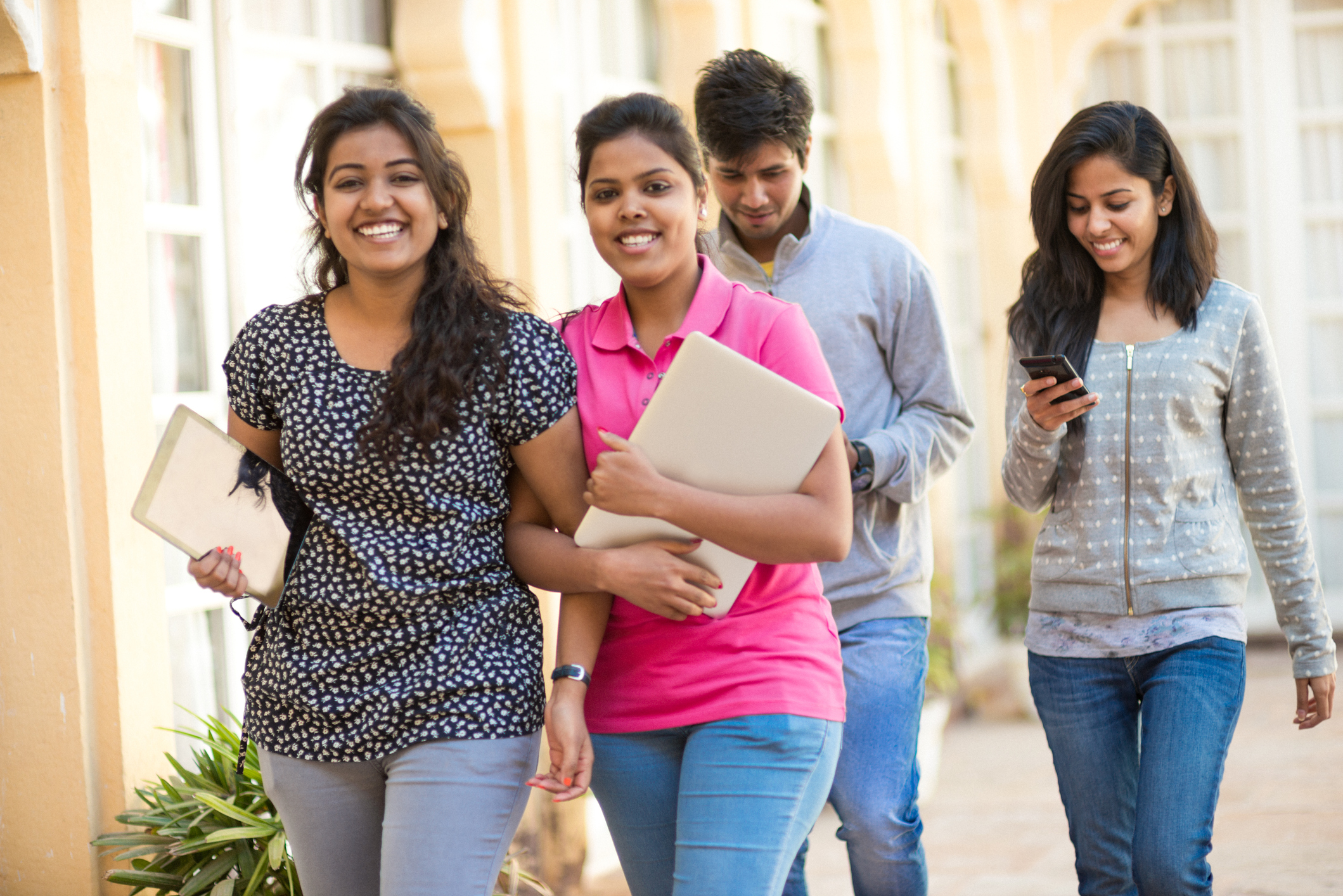- Wednesday, April 09, 2025
International students contribute over £41.9 billion to the UK economy

By: Pramod Thomas
THERE is a surge in Indian students accelerating visa applications to bring their dependents to the UK ahead of the government-imposed ban in January, The Telegraph reported.
Education agents are capitalising on this trend, charging inflated prices to secure spots at UK universities before the impending Home Office deadline, which prohibits dependants from entering the UK starting January 1, the report added.
The rush comes in response to a crackdown announced by prime minister Rishi Sunak earlier this year, barring masters and postgraduate students from bringing their dependents to the UK unless they are enrolled in research programmes.
One striking example involves a couple who paid a substantial £30,000 to secure both a student visa and a dependent’s visa, allowing them to travel to the UK together.
The surge in demand has led some universities to open up applications in November and December to accommodate students trying to expedite their UK plans before the impending ban.
The ban was proposed following a significant increase in study-related visas for dependents, which nearly doubled from 80,846 in the year ending June 2022 to 154,063 in June 2023, representing almost a quarter (24 per cent) of all sponsored study-related visas.
According to reports, the latest migration figures are expected to remain around 500,000, five times higher than the previous target set by David Cameron.
To navigate the ban, some students are resorting to unconventional measures, such as entering into “contract” marriages. In one case, a man funded his wife’s UK university education in exchange for her sponsoring his dependent visa, enabling him to work in the UK despite lacking the required academic qualifications.
Another student, Rinku Sharma from Gujarat, accelerated his plans to enroll in a UK university due to the ban, paying £11,000 to an agent for admission to a master’s course and a dependent visa for his wife.
Sharma sees this as a one-time investment, anticipating a promising future with a UK degree and work experience, the newspaper report said.
The rush to secure visas is not limited to students alone, as demonstrated by Priyanka Tyagi from Uttar Pradesh, who brought forward her application for a postgraduate course in the UK after completing her undergraduate studies.
Visa consultancies, such as Om Visa in Punjab, are actively promoting exclusive opportunities for Indian students to enroll in UK universities in November and December.
Sahil Bhatia, the head of Om Visa, reported receiving between 30 and 40 spouse applications daily.
He emphasised the urgency in a social media post, encouraging students to “hurry up and grab the opportunity to get admission in the university with limited seats before the January ban is implemented.” Universities, including BPP in London, Birmingham, and Bedfordshire, are cited as actively accepting students during this accelerated timeline. BPP sources noted a doubling of postgraduate student numbers compared to the same period last year.
While visa consultancies promote these opportunities, Universities UK highlights that international students arriving under current rules face significant scrutiny from the Home Office and universities.
They must demonstrate financial capability to support themselves and any dependents, in addition to paying upfront for the NHS surcharge. Despite the rush, a relatively small proportion of students are accompanied by dependents, a spokesman said.